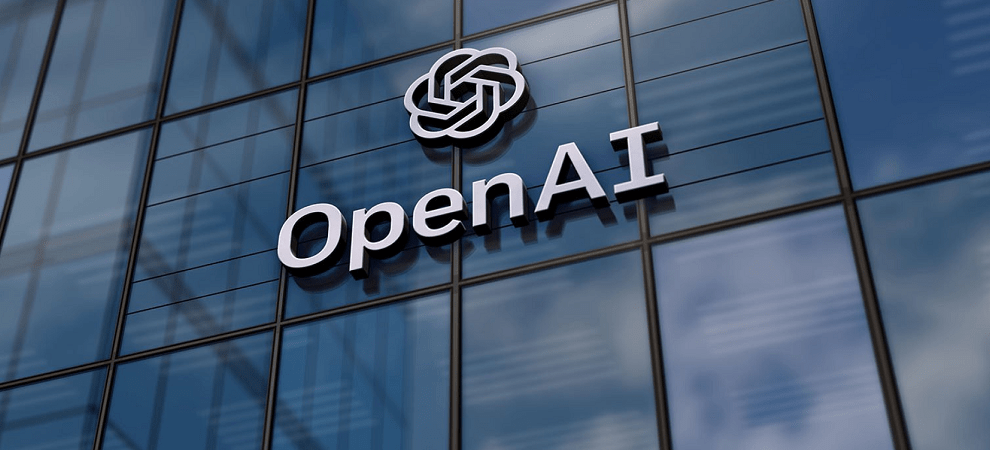OpenAI’s move into healthcare comes after several tech giants failed to successfully break into the consumer health data space.
OpenAI is reportedly planning a major push into healthcare with a suite of consumer-focused products, including a generative AI–powered personal health assistant—its boldest expansion yet beyond ChatGPT.
The proposed offerings include a personal health assistant and a health data aggregator designed to help users manage medical records, receive personalized insights, and access care more easily. While OpenAI has not officially commented on the plans, its growing focus on healthcare has been evident.
Earlier this year, the company appointed Nate Gross, cofounder of Doximity, as Head of Healthcare Strategy, and later brought on Ashley Alexander, a former Instagram executive, as Vice President of Health Products.
At the HLTH conference in October, Gross noted that ChatGPT attracts nearly 800 million weekly active users, many of whom turn to the platform for medical information and health advice.
OpenAI’s foray into healthcare follows several failed attempts by other tech giants to capture the consumer health market. Google discontinued its health record platform in 2011, Amazon retired its Halo fitness tracker in 2023, and Microsoft’s HealthVault also struggled to gain adoption.
Still, analysts see potential for OpenAI to succeed where others did not. “Consumers have long gone to Google with health questions, but many are now shifting to large language models for more conversational guidance,” said Greg Yap, partner at Menlo Ventures. “OpenAI is uniquely positioned to lead that transformation.”


















